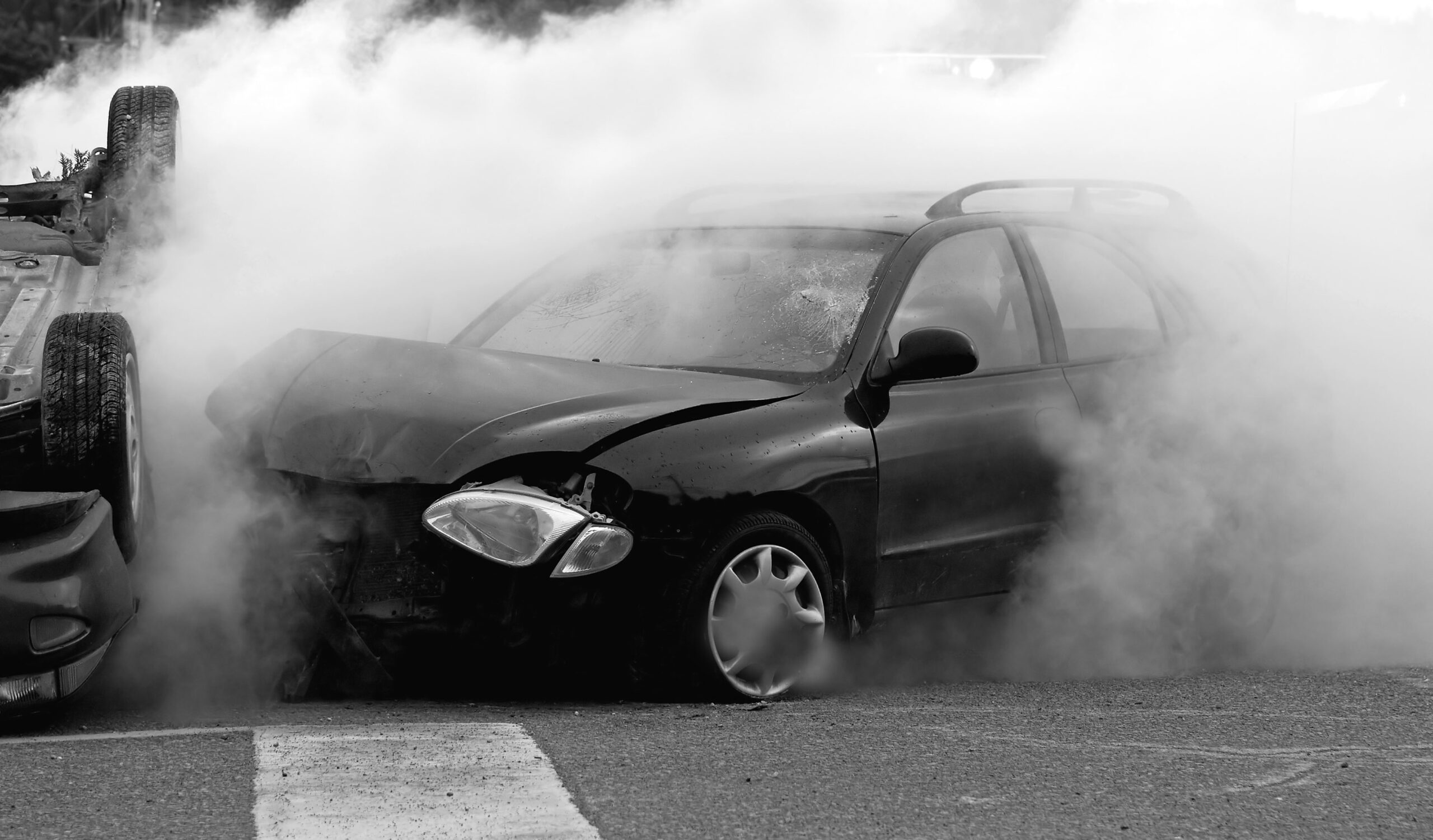Posted in Uncategorized

When you are involved in an auto accident, the evidence you collect can make or break your claim. Proper evidence strengthens your case, supports your version of events, and helps secure fair compensation for your injuries and damages. Whether you are negotiating with insurance companies or pursuing a legal claim, having solid evidence is crucial to building a compelling case. Here is a breakdown of the key types of evidence and how they play a vital role in your auto accident claim.
1. Accident Scene Evidence
As our friends at Patterson Bray PLLC can confirm, the first and most immediate type of evidence comes from the accident scene. Documenting the scene thoroughly can provide critical information about how the accident occurred. Key pieces of evidence include:
- Photographs and Videos: Capture images of vehicle damage, road conditions, traffic signals, skid marks, and any visible injuries. Videos can also show the accident’s aftermath in real time.
- Witness Statements: Collect names and contact information from anyone who witnessed the accident. Independent witness testimony can be invaluable in corroborating your account.
- Police Reports: Always report the accident to law enforcement. The official police report often contains important details and an objective assessment of fault, which can be pivotal in your claim.
2. Medical Records And Documentation
Medical evidence is essential to proving the extent of your injuries and the financial impact of the accident. After an accident, seek medical attention immediately and keep detailed records of your treatment. Important medical evidence includes:
- Doctor’s Reports: These outline the nature of your injuries, required treatments, and prognosis.
- Medical Bills: Maintain a record of all medical expenses, including hospital visits, medication, physical therapy, and any future care costs.
- Expert Testimony: In complex cases, medical experts can explain how your injuries occurred and their long-term effects on your quality of life.
3. Vehicle Damage And Repair Estimates
Your vehicle’s damage provides physical proof of the collision’s severity. Collect repair estimates, invoices, and vehicle inspection reports to demonstrate the financial loss you suffered. Photos showing the damage immediately after the accident and during repairs add further validity to your claim.
4. Personal Documentation
A personal record of the accident and its aftermath can help strengthen your case. Consider keeping the following:
- A Journal: Document pain levels, emotional distress, and how the accident impacts your daily life.
- Lost Wages: Keep records of missed workdays, reduced earning capacity, and any other employment-related losses.
5. Expert Analysis And Accident Reconstruction
In more complicated cases, accident reconstruction experts can provide valuable insight. These professionals analyze the evidence to recreate the accident and offer expert opinions on how it happened. This analysis is especially useful in disputes over liability.
The role of evidence in building a strong auto accident claim cannot be overstated. From the accident scene to medical records and expert analysis, thorough evidence collection supports your case and improves your chances of receiving fair compensation. If you have been involved in an auto accident, working with an experienced auto accident lawyer ensures that no crucial evidence is overlooked, helping you secure the best possible outcome for your claim.
